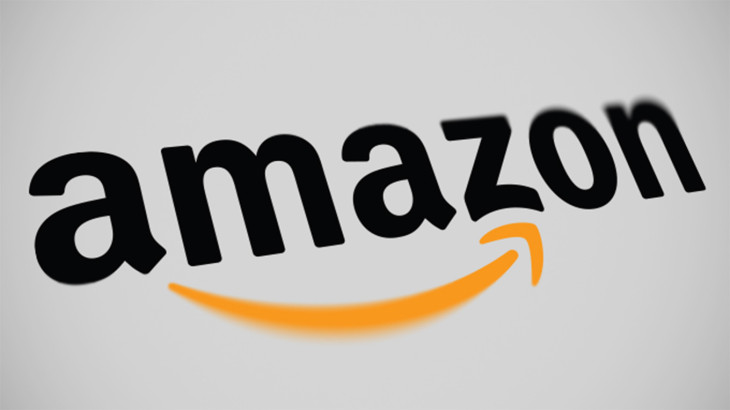It’s 2020 and Amazon is doing damage control. After a grueling inquiry from Congress in late 2019, a series of embarrassing exits from Nike and Birkenstock, and escalating concerns from the media and public about counterfeits being sold on the platform, Amazon is reportedly calling in law enforcement to help get counterfeits under control.
According to reports today fzrom Reuters, Amazon is planning to report merchants to authorities every time it confirms a counterfeit is sold. This is in contrast to their past practice of only reporting such merchants when it thought it had enough information for police to pursue a culprit.
Reuters, who broke the news from an unnamed source, says that Amazon has met with government authorities in recent weeks to iron out its new counterfeit reporting strategy. “According to the source, Amazon will report a merchant’s name, company name, product and contact information to authorities, after it confirms a business was selling fakes, closes the seller’s account, and the account holder does not make a successful appeal via Amazon’s typical processes,” Reuters reported.
Is it an admission of failure by Amazon? Perhaps somewhat. The party line from Amazon over the past 18 months at least is that the company has invested millions of dollars, headcount, and technology in curtailing counterfeits. But the experience of many brands and shoppers shows that major issues are still present in the system.
While details of the program are scant right now, there could be several challenges this approach depending on how its is rolled out.
The first is what authorities are expected to do with reports about international merchants. It is notoriously difficult to pin down counterfeiters, trademark infringers, and other nefarious characters in countries like China. Amazon’s marketplace seller ecosystem is built as a fairly open-source system, its not too difficult for a merchant to open a new seller account. Ideally Amazon will raise the bar for new sellers in conjunction with this measure.
A related concern is whether authorities will be able to keep up with the volume of reports and take either punitive measures.
Finally, legitimate merchants could potentially be singled out by competitors with fake complaints. This is a practice we’ve seen with patent complaints on Amazon – a fake IP complaint is a very effective way to take a competitor out of action for weeks or months at a time. I hope that Amazon factors the potential for misuse into their system, and conducts proper checks to validate the authenticity of a counterfeit claim.
I wrote last year about a simple, adjacent solution that Amazon could pursue in the US that would allow the free market to identify and resolve many counterfeit issues on the site: publishing identifying information of third party merchants. Disgruntled customers would be quick to identify bad actors, and Amazon already publishes this information for sellers in all markets outside the US and Australia.
In the meantime, both merchants and shoppers feel the hurt from counterfeits and related issues with gray-market products on the marketplace that commands half of all ecommerce sales in the US.
“Amazon sells so much garbage now. I’m surprised to hear they have tried to prevent counterfeits since it never seemed like it before,” says a reader of an Engadget article of today’s news.
AFP
